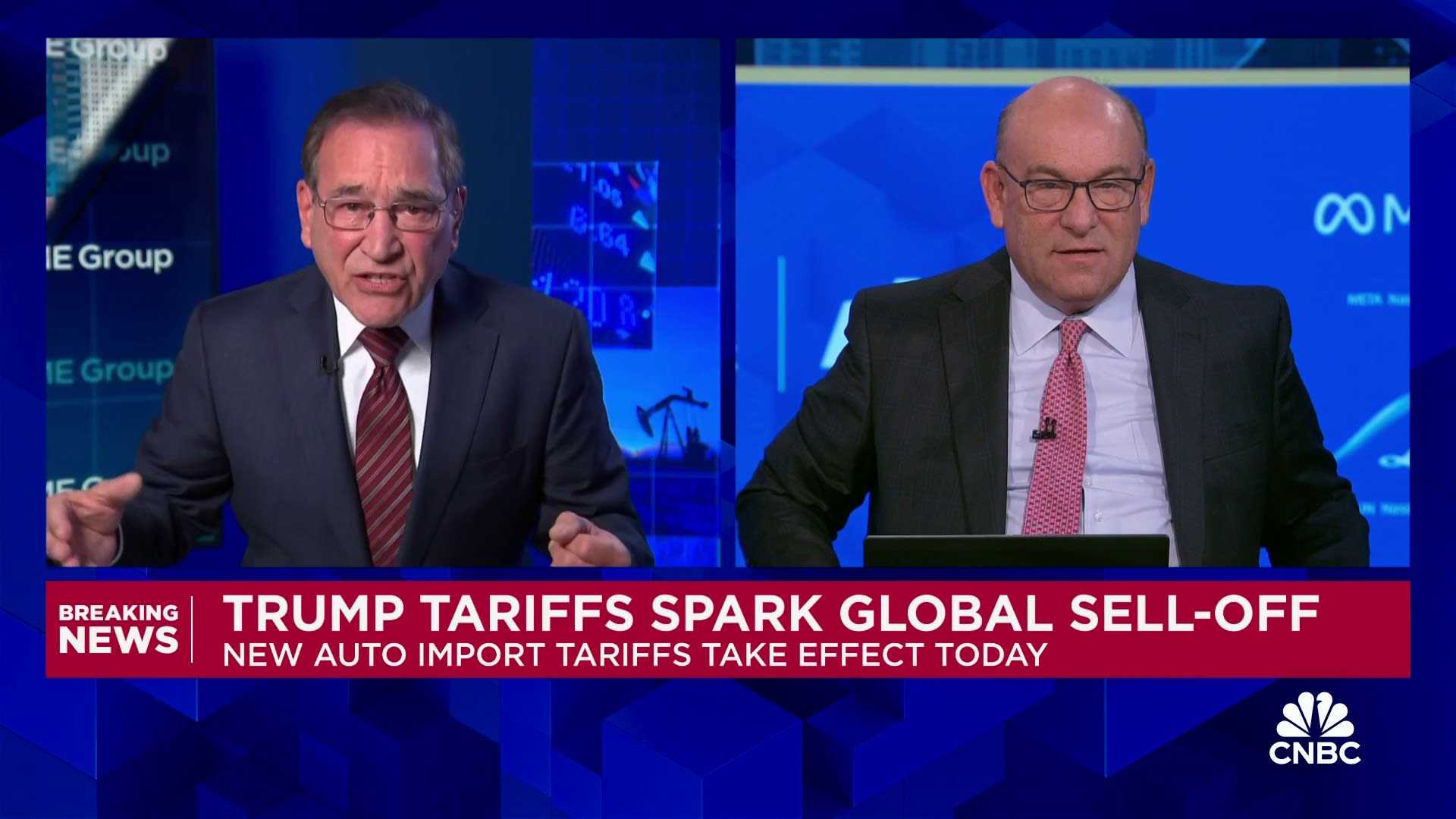Business
Trump’s Tariffs Spark Global Trade Uncertainty and Regional Reactions

WASHINGTON, D.C. — Less than a week after President Donald Trump announced a unilateral 10% minimum tariff on imports, the repercussions are being felt across the globe, raising concerns about the stability of the international trading system. The tariffs are significantly impacting long-term allies and poorer nations that rely heavily on trade with the U.S.
Countries such as Vietnam, which sends roughly a third of its exports to the U.S., are facing tariffs that could plunge their economies further into crisis. More significantly, nations could experience severe financial repercussions as they adapt to sudden losses in export earnings, potentially leading to a new wave of global debt crises.
Political leaders worldwide have condemned the tariffs, and their effects on stock markets are evident. Recent reports indicate a sharp decline in stock prices as panicked investors react apprehensively. China has cautioned against escalating tensions and has threatened to retaliate, indicating that a trade war could be imminent.
Trump’s history with tariffs goes back decades; he has targeted countries like Japan in the past and continues to prioritize tariffs as a tool to reshape U.S. economic strategy. During a recent address, Trump characterized tariffs as a means to protect American jobs and increase manufacturing.
Scott Bessent, Trump’s Treasury secretary, revealed ambitions to recalibrate the global market to favor U.S. elites, while Council of Economic Advisers chair Stephen Miran recently published a guide suggesting how the U.S. could use both tariffs and threats of withdrawing financial support to impose its will on allies.
This bold strategy could result in an economic landscape drastically altered from the status quo, aiming to revive U.S. manufacturing and bolster the dollar’s dominance. However, critics warn of the potential backlash, emphasizing how tariffs can cripple economies and exacerbate inequalities.
Historically, the U.S. has employed drastic measures that have fostered long-term economic change. In the late 1970s, Federal Reserve Chairman Paul Volcker’s decision to raise interest rates to combat inflation led to hardships and high unemployment, but ultimately set the stage for an economic boom in the 1980s.
As the administration promotes these tariffs, Caribbean nations are bracing themselves for the impact. Barbadian Prime Minister Mia Mottley urged dialogue between the U.S. and Caribbean leaders, stating that her nation’s economy cannot harm the U.S., underscoring the need for cooperation rather than conflict.
Saint Vincent and the Grenadines Finance Minister Camillo Gonsalves warned that the tariffs could inflate costs for basic goods and disrupt agricultural sectors dependent on U.S. imports. He expressed hope that Caribbean nations could find new partnerships beyond the U.S. to mitigate their economic reliance.
The overarching concern remains: How long can this trade war continue without causing irreversible damage to the world economy? As Bessent and others continue to champion Trump’s economic vision, the potential for chaos looms large, yet some analysts believe these turbulent times could yield new opportunities for global trade partnerships.












